Overview of Pancreatic Cancer Care in Tijuana
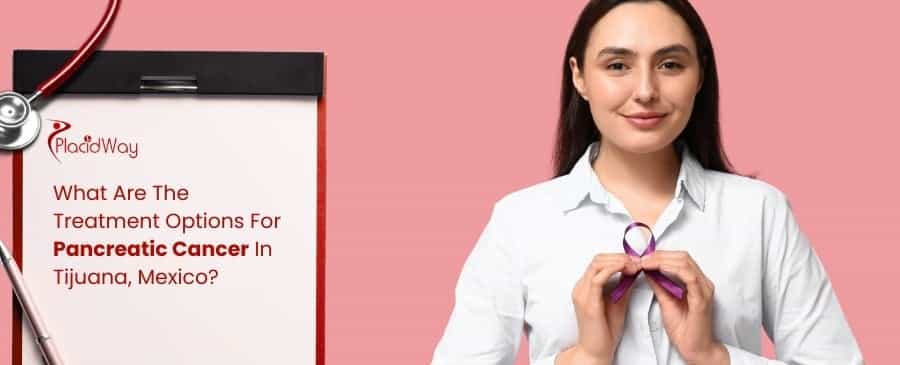
When faced with a diagnosis as challenging as pancreatic cancer, understanding all available treatment paths becomes a top priority. Many individuals and their families find themselves looking beyond their immediate geographic borders for promising options, and this often leads them to explore destinations like Tijuana, Mexico.
Tijuana has steadily gained recognition as a significant hub for medical tourism, attracting patients from around the world, especially those seeking specialized cancer care.
The decision to seek pancreatic cancer treatment in Tijuana is often driven by a desire for a blend of established conventional medical approaches and innovative, sometimes complementary, therapies that might not be readily available or affordable elsewhere.
Patients are looking for not just a cure, but also improved quality of life, personalized care, and a holistic perspective on their health journey. This vibrant border city offers a unique landscape where various medical philosophies converge, providing a broader spectrum of hope and potential solutions for those battling this complex disease.
In this comprehensive guide, we will delve into the specific treatment options for pancreatic cancer in Tijuana, Mexico. We aim to address the most pressing questions you might have, from understanding conventional medical interventions to exploring the realm of integrative and alternative therapies. Our goal is to provide clear, helpful information that empowers you to make informed decisions about your care. We'll cover everything from treatment costs and the quality of care to specific procedures and diagnostic capabilities, all designed to give you a clearer picture of what to expect when considering Tijuana for your pancreatic cancer treatment journey.
What conventional treatments are available for pancreatic cancer in Tijuana?
Tijuana's medical facilities offer a full range of conventional pancreatic cancer treatments, aligning with international standards of care. For patients whose cancer is localized and resectable, surgery remains a primary option. The most common and complex surgical procedure for pancreatic head tumors is the Whipple procedure, also known as a pancreaticoduodenectomy.
This extensive surgery involves removing the head of the pancreas, part of the small intestine (duodenum), the gallbladder, and a portion of the bile duct, followed by reconstruction of the digestive tract. Specialized surgeons in Tijuana are skilled in performing this intricate operation. For tumors in the body or tail of the pancreas, a distal pancreatectomy may be performed, which involves removing the affected part of the pancreas, often along with the spleen.
Beyond surgery, chemotherapy plays a crucial role in treating pancreatic cancer, whether as an adjuvant therapy after surgery to kill remaining cancer cells, as neoadjuvant therapy before surgery to shrink tumors, or as a palliative treatment for advanced disease to manage symptoms and extend life.
Tijuana clinics utilize various chemotherapy drugs and regimens, including FOLFIRINOX and Gemcitabine-based treatments, which are standard protocols worldwide. Radiation therapy is another conventional treatment option, often used in combination with chemotherapy, to target and destroy cancer cells or to alleviate symptoms like pain in advanced stages.
Advanced radiation techniques, such as intensity-modulated radiation therapy (IMRT) and stereotactic body radiation therapy (SBRT), aim to deliver precise doses to tumors while minimizing damage to surrounding healthy tissues.
Are there integrative and alternative therapies for pancreatic cancer in Tijuana?
One of the distinct characteristics of pancreatic cancer treatment in Tijuana is the widespread availability and integration of alternative and complementary therapies. Many clinics specialize in a holistic approach, aiming to support the patient's immune system, improve quality of life, and potentially enhance the effectiveness of conventional treatments. These integrative therapies are often customized to the individual's specific needs and cancer profile.
Common integrative and alternative approaches offered include:
- Metabolic Therapies: These focus on altering the body's metabolism to starve cancer cells, often involving specific diets (like ketogenic diets) and metabolic modulators.
- High-Dose Intravenous Vitamin C: Administered intravenously, high doses of Vitamin C are believed by some to have selective cytotoxic effects on cancer cells while protecting healthy ones.
- Hyperthermia: This treatment involves heating cancer cells to temperatures that can damage and destroy them, often making them more susceptible to chemotherapy or radiation. Local, regional, or whole-body hyperthermia may be offered.
- Immunotherapies and Immunomodulators: While not always traditional immunotherapy drugs, some clinics offer treatments designed to boost the body's natural immune response against cancer, such as certain vaccines or cell-based therapies.
- Detoxification and Nutritional Support: Programs focusing on cleansing the body, improving organ function, and providing intense nutritional support through supplements, juices, and specialized diets are frequently part of an integrative plan.
- Ozone Therapy: Involves administering ozone gas to the body, believed to improve oxygen utilization and have anti-cancer properties.
It's important for patients to understand that many of these alternative therapies are often presented as complementary to conventional treatments, aiming to work synergistically rather than as standalone cures, especially for aggressive cancers like pancreatic cancer. The approach in Tijuana often emphasizes a comprehensive strategy, combining the best of both worlds.
How do costs for pancreatic cancer treatment in Tijuana compare to the US?
One of the most compelling reasons individuals consider pancreatic cancer treatment in Tijuana is the substantial cost savings compared to the United States. Healthcare costs in Mexico, including specialized cancer care, are generally much lower due to a variety of factors.
These include lower overhead for clinics and hospitals, reduced administrative expenses, lower malpractice insurance costs, and often a more affordable cost of living for medical professionals. This translates directly into more accessible pricing for patients without necessarily compromising the quality of care or the expertise of the medical staff.
For complex treatments like surgery for pancreatic cancer, such as the Whipple procedure, the difference can be tens of thousands of dollars. Similarly, cycles of chemotherapy, radiation therapy, and long-term integrative treatment protocols can be a fraction of the cost found north of the border.
This affordability allows patients to access treatments that might otherwise be financially out of reach, or to extend their treatment duration with therapies that would be unsustainable in a higher-cost environment. It also provides flexibility to explore a broader range of options, including various complementary therapies, within a more manageable budget.
While specific costs vary greatly depending on the stage of cancer, the chosen treatments (surgery, specific chemotherapy drugs, radiation, or a combination of integrative therapies), and the duration of care, patients often find that comprehensive treatment plans in Tijuana are considerably more affordable. It's always recommended to obtain detailed cost estimates from clinics, which typically include consultations, diagnostics, treatments, and sometimes even accommodation and transportation assistance, to understand the full financial commitment.
What is the quality of care and safety for pancreatic cancer treatment in Tijuana?
Concerns about the quality of care and safety are natural when considering medical treatment in another country. However, Tijuana has developed a robust medical tourism infrastructure designed to meet international expectations. Many hospitals and specialized cancer clinics in Tijuana are modern, well-equipped facilities that feature state-of-the-art technology, comparable to those found in developed nations.
Furthermore, a significant number of medical professionals, including oncologists and surgeons specializing in pancreatic cancer, have received training in the United States, Europe, or other highly regarded medical institutions, and some are even US board-certified. This ensures a level of expertise and familiarity with global best practices in cancer care.
Patient safety is a paramount concern for reputable clinics. Many adhere to strict sterilization protocols, employ highly trained nursing staff, and prioritize personalized patient attention. Communication is also a key aspect of quality care, and most medical tourism facilities in Tijuana have bilingual staff or interpreters to ensure clear understanding between patients and their healthcare providers.
Before choosing a clinic for pancreatic cancer treatment, it is wise for patients to research the facility's accreditations (both national and international), physician credentials, patient testimonials, and to inquire about their safety protocols and success rates for their specific condition.
It's important to distinguish between various types of medical facilities. While the medical tourism sector in Tijuana generally offers high-quality care, just like any large city, standards can vary. Focusing on clinics and hospitals that specifically cater to international patients and have a strong track record in oncology is crucial for ensuring a safe and effective treatment experience. The competitive nature of medical tourism encourages these facilities to maintain high standards to attract and retain patients seeking complex care like pancreatic cancer treatment.
Which clinics and hospitals in Tijuana specialize in pancreatic cancer?
Tijuana's medical landscape includes a diverse array of facilities equipped to handle pancreatic cancer treatment. You'll find a mix of well-established hospitals with comprehensive oncology departments that offer conventional treatments like surgery, chemotherapy, and radiation. These larger institutions often have multi-disciplinary teams of oncologists, surgeons, radiologists, and supportive care specialists, providing a coordinated approach to complex cancer cases. They are designed to manage various stages of cancer, from early diagnosis to advanced disease.
In addition to these conventional hospitals, Tijuana is particularly known for its specialized integrative cancer centers. These clinics often combine standard Western medical treatments with a wide range of complementary and alternative therapies, creating highly personalized treatment protocols.
They typically focus on patient well-being, immune system support, and addressing the root causes of the disease from a holistic perspective. These centers attract patients looking for a more personalized and less conventional approach, often involving extended stays and intensive therapy regimens.
When researching facilities for pancreatic cancer treatment in Tijuana, consider the following aspects:
- Accreditation: Look for clinics and hospitals that hold reputable national or international accreditations.
- Specialization: Confirm that the facility has a dedicated oncology department or specific programs for pancreatic cancer.
- Physician Credentials: Inquire about the training, experience, and board certifications of the doctors who will be involved in your care.
- Technology: Ensure they have up-to-date diagnostic and treatment equipment.
- Patient Support Services: Check for services like patient navigators, translation services, accommodation assistance, and post-treatment follow-up plans.
Selecting the right clinic depends heavily on your specific needs, treatment philosophy preferences (conventional, integrative, or a blend), and budget. A thorough consultation process with several potential providers can help you find the best fit for your pancreatic cancer treatment journey.
What surgical procedures are offered for pancreatic cancer in Tijuana?
For patients whose pancreatic cancer is detected early enough and is considered resectable (meaning it can be surgically removed), surgery offers the best chance for long-term survival. Tijuana's surgical centers are equipped to perform these complex operations with skilled surgical teams.
The main surgical procedures for pancreatic cancer include:
- Whipple Procedure (Pancreaticoduodenectomy): This is the most common and complex surgery for tumors located in the head of the pancreas. It involves removing the head of the pancreas, the duodenum (first part of the small intestine), the gallbladder, part of the bile duct, and sometimes a portion of the stomach. The remaining organs are then reconnected to allow for normal digestion.
- Distal Pancreatectomy: For tumors found in the body or tail of the pancreas, a distal pancreatectomy is performed. This procedure removes the body and tail of the pancreas, often along with the spleen, as it shares blood supply with the tail of the pancreas.
- Total Pancreatectomy: In rare cases, if the cancer is spread throughout the pancreas or involves multiple areas, the entire pancreas may be removed. This surgery leads to diabetes, requiring lifelong insulin therapy, and digestive enzyme replacement.
- Palliative Surgery: For advanced pancreatic cancer that cannot be removed, surgical procedures may be performed to relieve symptoms and improve quality of life. These might include bypass surgery to relieve bile duct or intestinal blockages (e.g., gastric bypass or biliary bypass) or placement of stents.
The decision for surgery depends on several factors, including the tumor's size and location, whether it has spread to major blood vessels or distant organs, and the patient's overall health and fitness for a major operation. Surgeons in Tijuana conduct thorough evaluations to determine if a patient is a suitable candidate for these intricate procedures, often working alongside oncologists to create a comprehensive treatment plan that may include neoadjuvant or adjuvant therapies.
Do Tijuana clinics offer advanced diagnostics for pancreatic cancer?
Accurate diagnosis and staging are crucial for effective pancreatic cancer treatment. Tijuana's leading medical facilities offer a full spectrum of advanced diagnostic tools comparable to those found in major medical centers globally. These technologies allow doctors to precisely locate tumors, assess their size and extent, determine if the cancer has spread, and guide treatment decisions.
Key diagnostic capabilities available include:
- Advanced Imaging:
- Computed Tomography (CT) Scans: Provide detailed cross-sectional images of the pancreas and surrounding organs, essential for identifying tumors and assessing resectability.
- Magnetic Resonance Imaging (MRI) Scans: Offers excellent soft tissue contrast, particularly useful for evaluating tumor spread and liver metastases.
- Positron Emission Tomography (PET) Scans: Helps identify metabolically active cancer cells throughout the body, detecting distant metastases that might be missed by other imaging.
- Endoscopic Ultrasound (EUS): This procedure involves inserting a thin, flexible tube with an ultrasound probe down the esophagus to the stomach and duodenum, allowing for very detailed images of the pancreas. EUS is often used to guide a needle biopsy (EUS-guided fine-needle aspiration or FNA) to obtain tissue samples for pathological analysis, confirming the diagnosis of pancreatic cancer.
- Endoscopic Retrograde Cholangiopancreatography (ERCP): Used to diagnose and treat problems in the bile ducts and pancreatic ducts, often to relieve blockages caused by tumors.
- Biopsy: Tissue samples obtained via EUS, CT-guided biopsy, or during surgery are sent for pathological examination to confirm the presence of cancer, determine its type, and assess its characteristics.
- Blood Tests and Tumor Markers: While not diagnostic on their own, blood tests for tumor markers like CA 19-9 can help monitor treatment effectiveness and detect recurrence, alongside general blood work to assess overall health.
- Genetic Testing: Increasingly important for understanding the specific genetic mutations within a tumor, which can guide targeted therapy options, and for identifying hereditary risk factors.
Access to these advanced diagnostic tools ensures that patients receiving pancreatic cancer treatment in Tijuana benefit from accurate and timely diagnoses, which are fundamental to developing an effective and personalized treatment plan.
What are the potential benefits of seeking pancreatic cancer treatment in Tijuana, Mexico?
For many patients, the decision to travel for medical care, especially for a serious condition like pancreatic cancer, comes with the expectation of tangible benefits. Tijuana has cultivated an environment that offers several distinct advantages for those seeking cancer treatment:
- Cost-Effectiveness: As discussed, the most immediate and significant benefit is often the lower cost of treatment. This allows patients to access high-quality care, innovative therapies, or extended treatment periods that might be financially prohibitive in their home countries.
- Access to Diverse Therapies: Tijuana provides a unique blend of conventional oncology alongside a broad spectrum of integrative and alternative treatments. This allows for a more holistic and personalized approach, catering to patients who desire complementary therapies to support their overall well-being and potentially enhance outcomes.
- Shorter Wait Times: In many healthcare systems, especially for complex procedures or consultations with specialists, wait times can be extensive. Tijuana's medical tourism sector often offers quicker access to appointments, diagnostics, and treatment initiation, which can be critical for aggressive cancers like pancreatic cancer.
- Personalized and Patient-Centered Care: Many clinics in Tijuana pride themselves on offering highly individualized care plans. With lower patient-to-staff ratios in some facilities, patients often report receiving more direct attention, longer consultation times, and a more compassionate approach to their care.
- Proximity and Convenience: For patients in the United States and Canada, Tijuana's location right across the border makes it an easily accessible destination. This reduces travel time, costs, and the stress associated with long-distance international travel, making it feasible for extended stays or repeat visits.
- Advanced Technology and Skilled Professionals: Reputable clinics in Tijuana invest in modern medical equipment and employ highly trained physicians, many with international experience, ensuring that the standard of care is competitive.
These benefits collectively make Tijuana a compelling option for individuals exploring all avenues for pancreatic cancer treatment, providing both hope and practical solutions in their battle against the disease.
If you're exploring diverse and comprehensive solutions for your healthcare needs, including specialized treatments like those for pancreatic cancer, we invite you to explore PlacidWay. PlacidWay connects you with a global network of trusted medical providers, helping you find the right care for your unique situation.


.png)
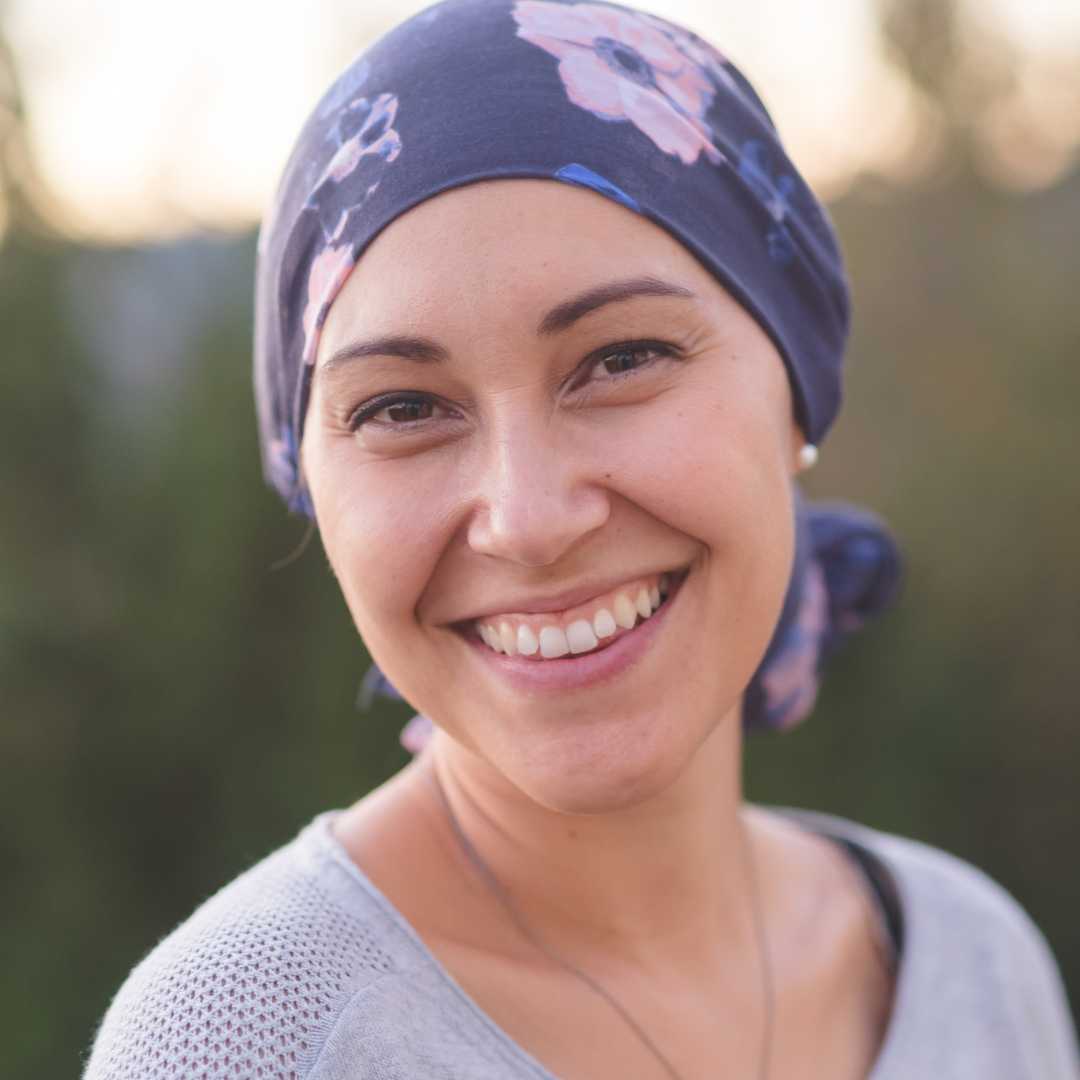



.png)



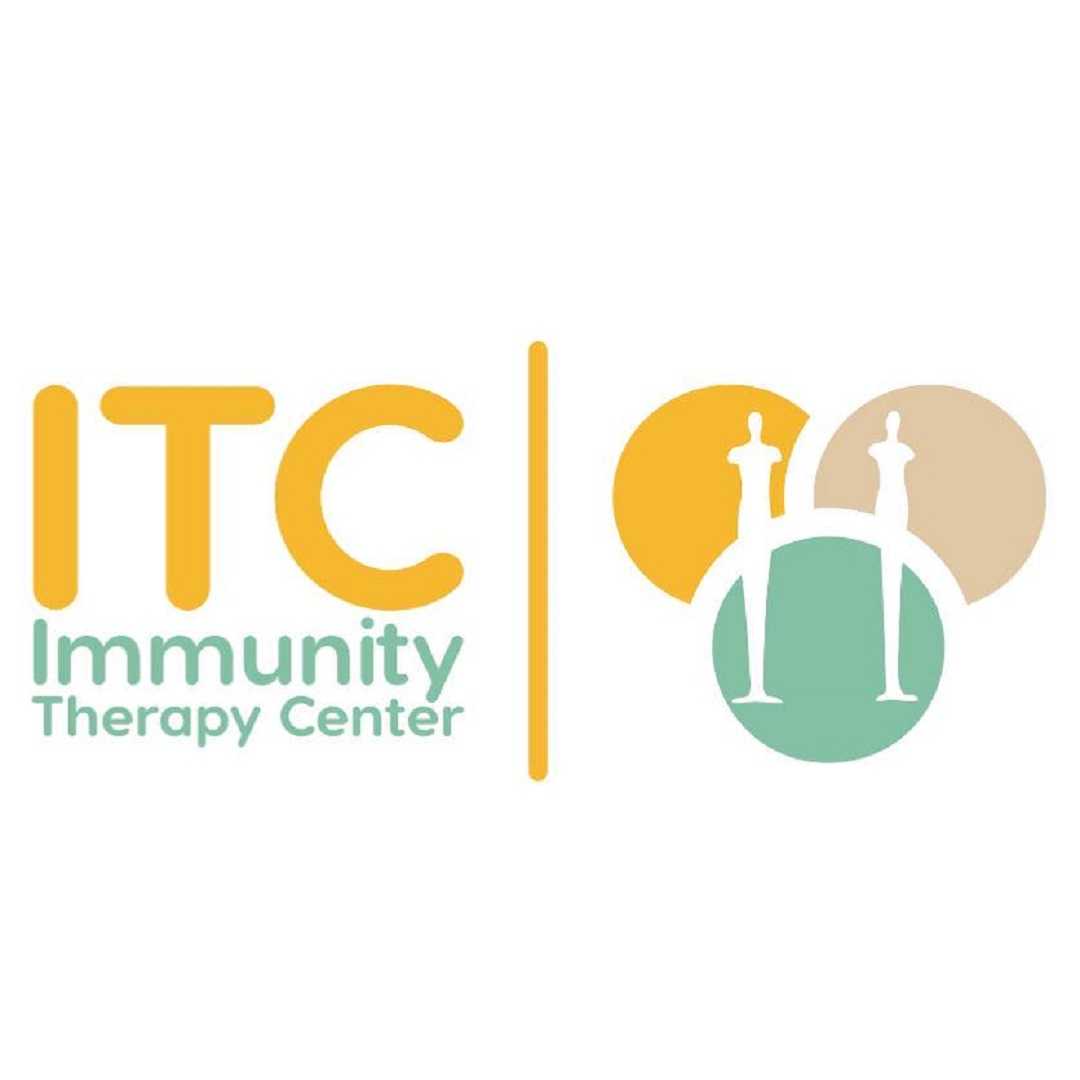
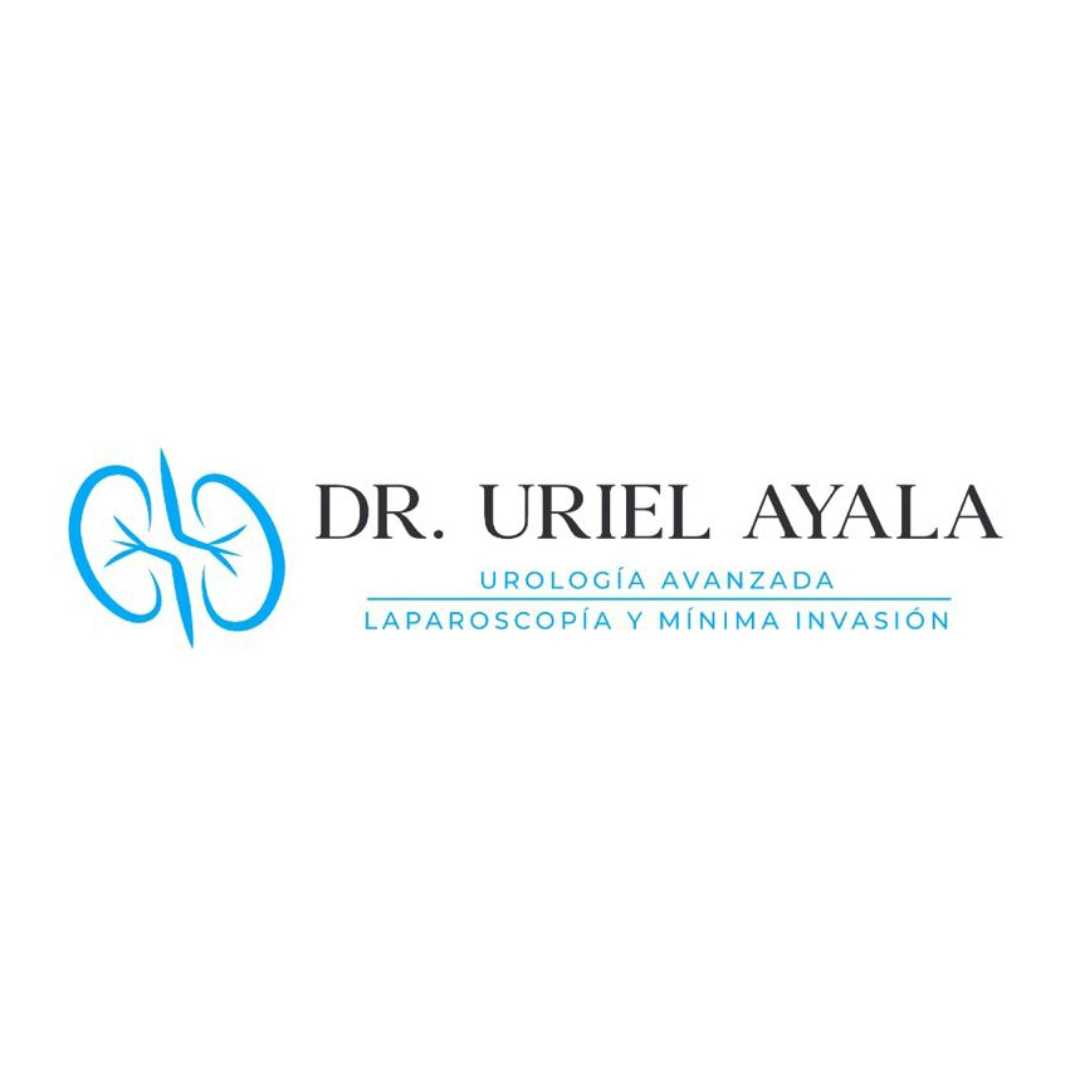

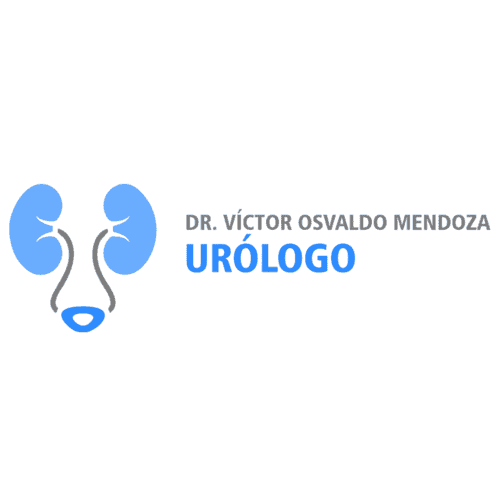


Share this listing